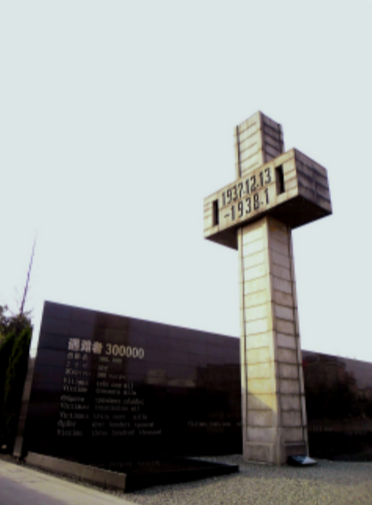Ahmed al-Sharaa and the Future of Authoritarianism in Syria
- Noah Nofal
- Oct 22, 2025
- 3 min read
Noah Nofal

False assurances and wishful thinking are obscuring the harsh realities facing Syria. In the aftermath of the Assad regime’s downfall, the ascent of Syria’s new interim president, Ahmed al-Sharaa, is being welcomed by many as a first step for the country’s path to stability.
His rise, however, is less a break with authoritarianism than a rebranding of it, overshadowed by his past as a senior figure in al-Qaeda and as the leader of Hayat Tahrir al-Sham (HTS), which had been designated a foreign terrorist organization by the U.S. until July 8th of this year.
By backing al-Sharaa, the U.S. risks legitimizing an authoritarian figure and undermining its own credibility in the region. Alternatively, the U.S. should push for an expedited timeline and ensure democratic elections take place to prevent authoritarian retrenchment. The notion that the current process in place will lead to democratization is highly unlikely given the very structure of the interim constitution itself, and the uncontestable powers it bestows on al-Sharaa.
Syria’s modern history demonstrates how constitutions have too often been used as instruments of control rather than actual reform. Since the inception of modern Syria from the French Mandate in 1920, the country has experienced thirteen constitutions, which have predominantly stemmed from military coups or authoritarian regimes. The new declaration under al-Sharaa may be next in line of coverings for authoritarian rule.
The current constitutional declaration lays out a five-year transition period meant to produce a permanent charter by 2030. On paper, the declaration includes some welcomed guarantees, such as rights to education, protections for women and minorities, and a pledge to professionalize the armed forces. Yet the declaration also consolidates extraordinary executive power in the presidency, with no real separation of powers, effectively making the president a despot. It consists of 53 articles that set out the foundation of governance for years to come.
Under Article 47, the president holds sole authority to appoint all seven judges to the nation’s highest court, which effectively gives control over constitutional interpretation itself. Articles 31 and 35 grant the president unilateral power to appoint and dismiss all cabinet ministers. This control extends to the legislature, where the president directly appoints one-third of its members, as well as the committee that oversees the selection of the remaining two-thirds.
Organizations like Human Rights Watch have warned that this system risks entrenching authoritarian control and creating a presidency that is utterly unaccountable. There are no mechanisms to impeach him, approve his appointed ministers, or check his power in any meaningful way.
The exclusion of the Druze community and other minorities from constitutional talks further undermines the legitimacy of the transition. In the midst of these concerns, Druze and Alawite communities have faced a wave of horrific, violent attacks that have involved heavy artillery and extrajudicial executions. Reports from the UN indicate that some 1,000 civilians have been killed and over 33 villages burned. Druze leaders have openly rejected the interim arrangement on the grounds that it was not voted on and imposed rather than negotiated.
Kurdish groups have also struggled with exclusion. After months of negotiations, the Kurdish-led Syrian Democratic Council (SDC) reached an agreement with the interim government last March to integrate Kurdish-led territories. While this agreement grants Kurds full constitutional rights, the SDC previously criticized the interim constitution as ‘authoritarian’ and inconsistent with earlier agreements.
The interim constitution in place enables an environment ripe for authoritarianism. Without safeguards to ensure a fair, inclusive, and transparent democratic process is implemented, Syrians will be left again under a system that excludes them from the decisions that shape their lives. Although backing al-Sharaa could provide short-lived counterterrorism benefits and a semblance of central authority, history strongly suggests this strategy is shortsighted. The tradeoffs from cooperation with authoritarian figures often come at the cost of promoting democracy and protecting human rights.
By signaling approval behind al-Sharaa, the U.S. risks repeating mistakes that undermine long-term regional security and American strategic interests. While Assad’s toppling was a significant breakthrough, al-Sharra’s rise to fill the void of power should not be mistaken for a step toward democracy. As of late, it is repackaged authoritarianism that risks propelling Syria into another era of repression and strife.




Comments